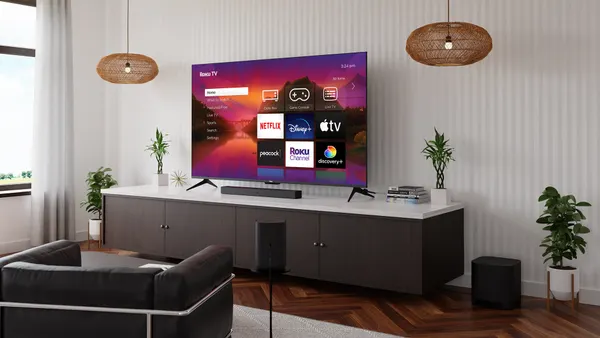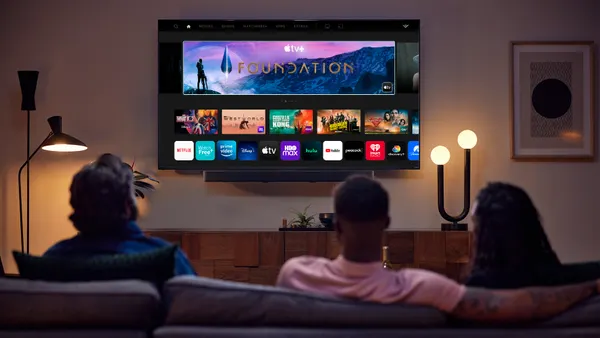Dive Brief:
- Swedish beer brand Norrlands Guld recently hijacked Budweiser's "Tagwords" campaign that won the Grand Prix for Print and Publishing at Cannes Lions last month, according to Ad Age. "Tagwords" encouraged people to use certain Google phrases to uncover photos showcasing Budweiser's place in musical history.
- Norrlands Guld's agency Akestam Holst purchased AdWords on Budweiser's search words, so whenever someone searched for the phrases in Budweiser's campaign, they're served an ad from the Swedish beer company. The ads feature taglines like "Why Google beer when you can drink one?" and "IRL beer is better than Googling beer."
- Budweiser launched its campaign in June with ad agency Africa. The beverage giant used out-of-home displays with specific Google search terms and the phrase "Search it" to get people to uncover photos of famous musicians drinking Budweiser through history.
Dive Insight:
By purchasing AdWords based on the search terms of Budweiser's campaigns, Norrlands Guld is the latest brand to troll one of its competitors through the strategy of "hackvertising." This approach, which usually involves clever tactics and silly banter, seems to appeal to consumers, who often love a good rivalry and tend to egg on the comical feuds. Brands that have deployed this strategy have generated major social media buzz and driven significant brand awareness and engagement.
Fast-food chain Wendy's is a notable example of a brand that has used Twitter several times to take jabs at its competitors, most often McDonalds, and highlight how it stands out from other restaurants. For National Compliment Day in January, Wendy's was challenged to compliment McDonald's and responded with, "They are absolutely amazing at freezing beef." These kinds of snarky remarks have helped the company rack up tens of thousands of likes, retweets and comments, expanding its social media presence and quickly becoming associated with clever marketing.
Norrlands Guld is taking its trolling to a higher level by actually hijacking the functionality of Budweiser's campaign. Burger King used a similar stunt with its "Google Home of the Whopper" campaign, which won the Grand Prix in the Direct category at last year's Cannes Lions and generated an estimated $135 million in earned media. The commercial featured a Burger King employee saying, "Okay Google, what is the Whopper burger?" which triggered an audio search for the definition. Google Assistants on Home devices in people's houses heard the statement and read aloud the Wikipedia entry for the menu item, which had been tweaked by the fast-food chain's team.
The Swedish beer brand's stunt comes as Budweiser has struggled to drive sales among younger consumers. Budweiser recently dropped out of the top three best-selling beer brands in the U.S., according to Beer Marketer's Insights cited by USA Today. Millennials and drinking-age Gen Zers' preferences are increasingly shifting to craft and imported beers, as well as wine and spirits, causing Budweiser and other legacy beer brands to get creative with their marketing.











